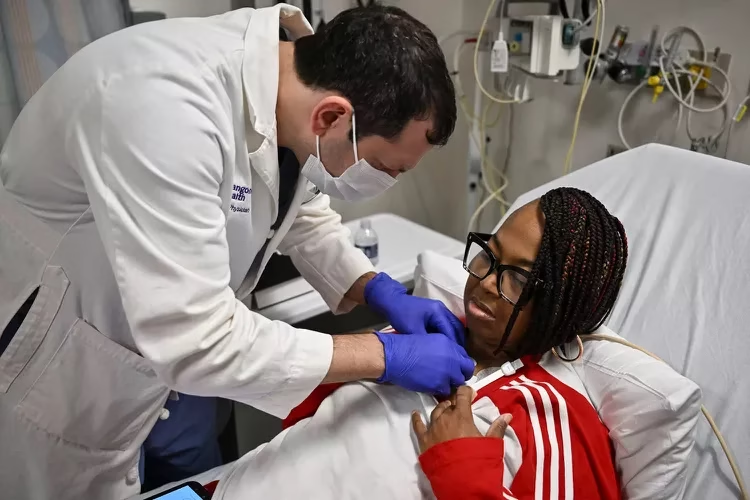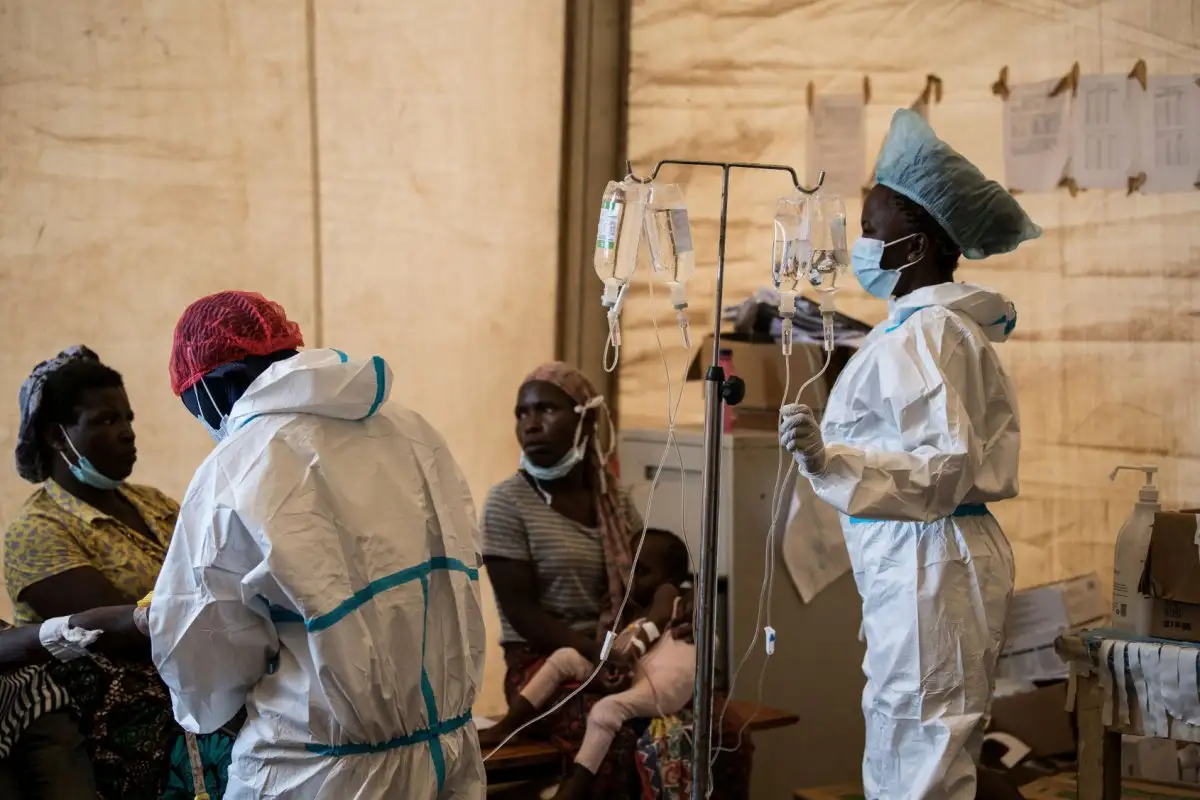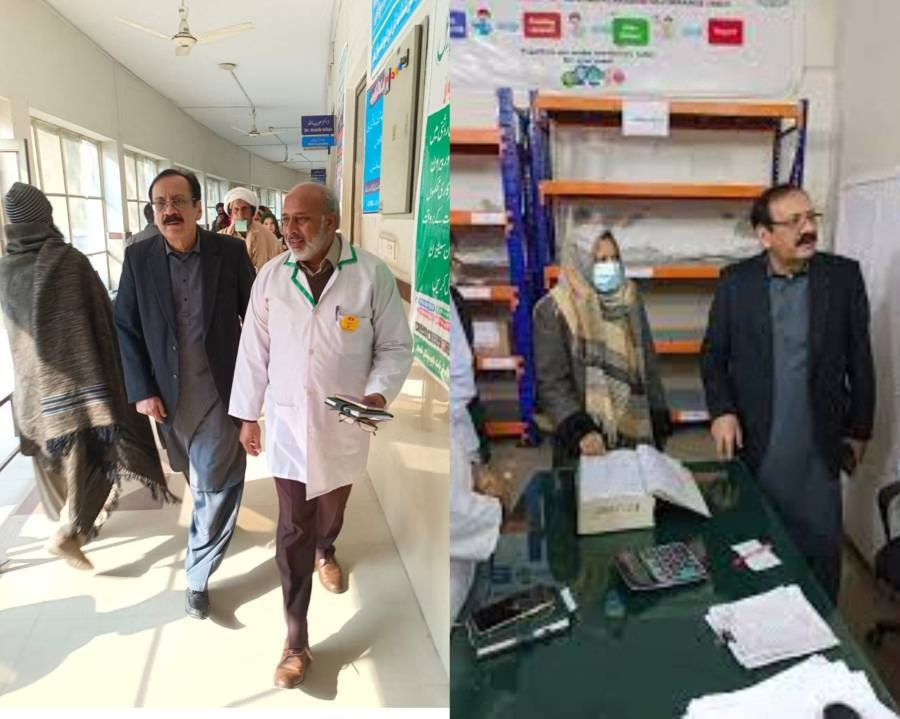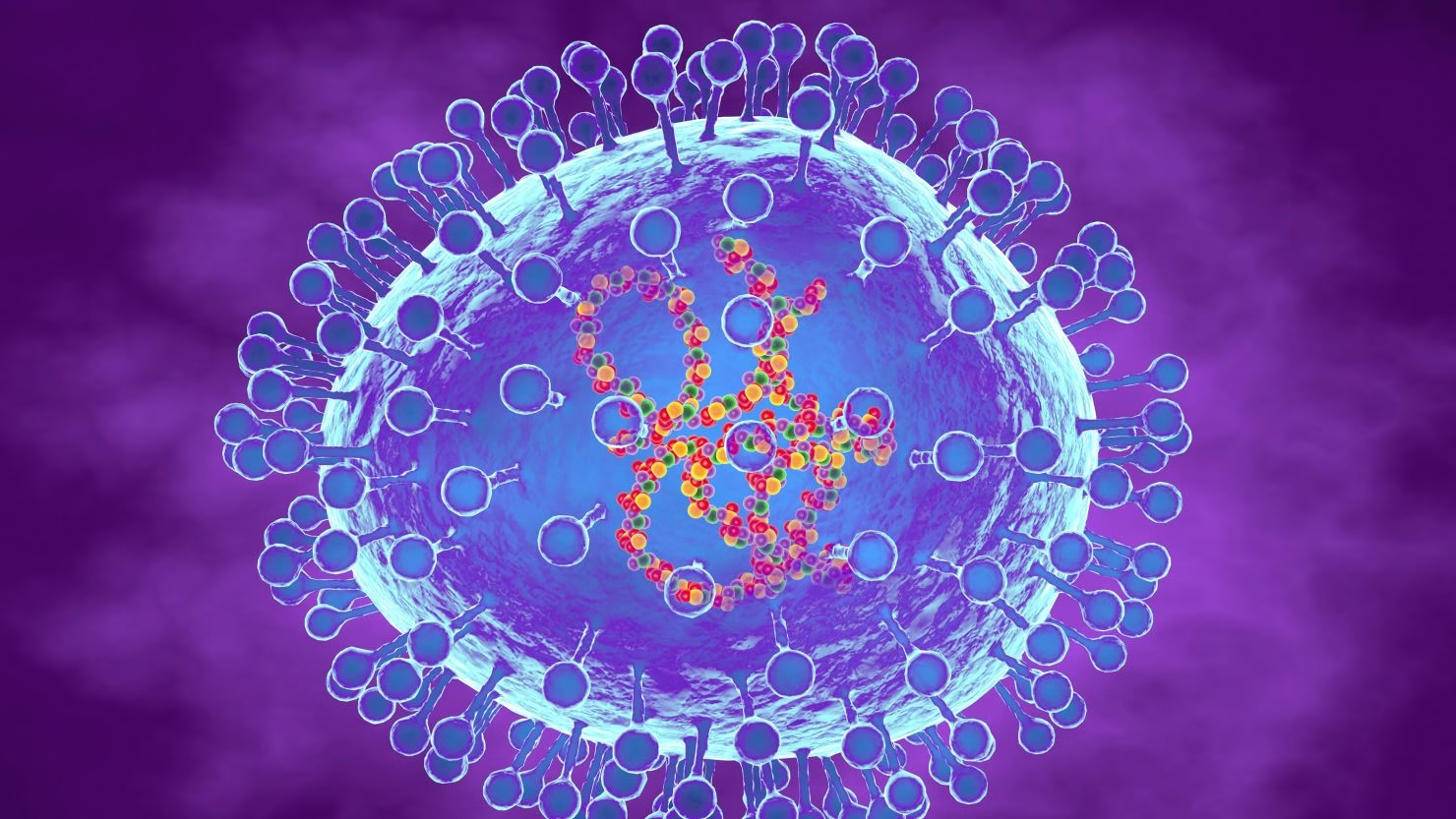Towana Looney, a 53-year-old woman from Alabama, has made medical history by becoming the longest living recipient of a pig organ transplant. On January 25, Looney reached the milestone of 61 days with a gene-edited pig kidney functioning perfectly inside her body. Her inspiring journey is a testament to the groundbreaking advancements in transplant science and offers hope to thousands waiting for organ donations.
A Medical Marvel
Looney’s journey began in November 2024, when she underwent a pioneering surgery at NYU Langone Health. The procedure was led by Dr. Robert Montgomery, a transplant specialist and innovator in the field of xenotransplantation—the practice of using animal organs for human transplants.
Speaking to the Associated Press, Montgomery praised Looney’s remarkable progress, noting that her kidney function is “absolutely normal.” He added, “If you saw her on the street, you would have no idea that she’s the only person in the world walking around with a pig organ inside them that’s functioning.”
Looney is the fifth patient to receive a gene-edited pig organ since 2022 and the third to receive a kidney. However, none of the previous recipients survived beyond two months, making her case a significant milestone in medical history.
A Life Transformed
Before the transplant, Looney faced dire circumstances. She had donated one of her kidneys to her mother in 1999, only to later lose her remaining kidney due to pregnancy-related complications. This left her with a high level of antibodies, making her body likely to reject human organ transplants.
The transplant has given Looney a new lease on life. Describing her recovery, she said, “The energy I had was amazing. To have a working kidney—and to feel it—is unbelievable.”
Currently, doctors are optimistic about her long-term prognosis. Looney is expected to return to her home in Gadsden, Alabama, within a month, where she can continue her life with renewed vitality.
A Glimpse into the Future of Medicine
Looney’s case represents a breakthrough in the field of xenotransplantation. Scientists are genetically modifying pigs to make their organs more compatible with human bodies, addressing the critical shortage of human organ donations.
According to the Associated Press, over 100,000 people are currently on the U.S. transplant waiting list, with the majority in need of kidneys. Tragically, approximately 5,600 Americans die each year waiting for a suitable organ.
This innovative approach to transplantation could drastically reduce these numbers. By modifying pigs to make their organs less likely to trigger immune rejection in humans, researchers are paving the way for more accessible and life-saving treatments.
Looney’s Optimism Inspires Others
Looney’s courageous decision to undergo the experimental procedure was not without risks. “You don’t know if it’s going to work or not until you try,” she admitted. Her story has since inspired countless others, offering a beacon of hope to those facing similar struggles.
Doctors and scientists involved in her care are hopeful that her success will open the door to more advancements in xenotransplantation. Dr. Montgomery stated, “We’re quite optimistic that this is going to continue to work and work well for a significant period of time.”
Why This Matters
Looney’s journey is a powerful reminder of the life-changing potential of medical innovation. With thousands of patients waiting for organs and limited human donations available, her success underscores the urgent need for alternative solutions like gene-edited pig transplants.
Towana Looney’s story is more than just a medical achievement—it’s a symbol of hope for the future. Her determination, paired with cutting-edge science, has given her a second chance at life and illuminated a path forward for others in need. As the medical community continues to refine xenotransplantation techniques, Looney’s case will undoubtedly serve as a cornerstone for future advancements.
This milestone brings us closer to a world where no one has to die waiting for an organ, proving that even the most complex challenges can be overcome with innovation and courage.



